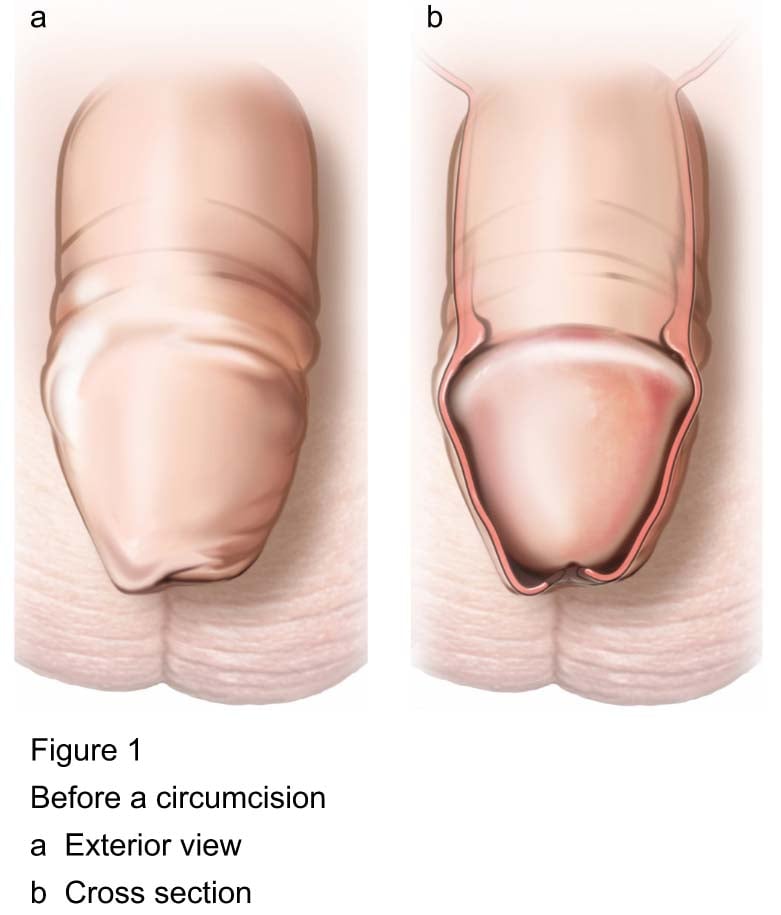What is a Circumcision?
During the adult circumcision procedure, the foreskin, a flap of skin that covers the end of the penis, is surgically removed. There are a number of medical and non-medical reasons why an individual may take the decision to have a circumcision. For some the treatment is deemed suitable if they are suffering from conditions such as phimosis, recurrent balanitis or frequent infections; for others, it is carried out for cultural or religious reasons.
At New Victoria Hospital our nationally-acclaimed Consultant Urologists are experts in carrying out adult circumcision surgery. Supported by a multidisciplinary Urology team, they will also ensure you enjoy the highest standard of care throughout your stay at our hospital.
Medical Reasons for a Circumcision
While many choose to have a circumcision on cultural or religious grounds, there are a number of medical reasons why a circumcision may be advised for an individual.
Adult circumcisions are often recommended for the following medical conditions:
- Tightening of the foreskin (phimosis) - where the foreskin is too tight to be pulled back over the head of the penis (glans).
- Balanitis xerotica obliterans (BXO) - an uncommon condition where the foreskin becomes thickened and white, making it difficult to pull back.
- The foreskin is painful during sex.
- Infections of the foreskin that keep coming back despite good hygiene and treatment with antibiotics.
- Cancer of the penis - where a red patch, wart-like growth or ulcer appears on the end of the penis or under the foreskin.
Are There Any Alternatives to a Circumcision?
If BXO is suspected, a circumcision is the only dependable way to cure the condition. For other conditions, a dorsal slit operation or a preputioplasty may be recommended





















